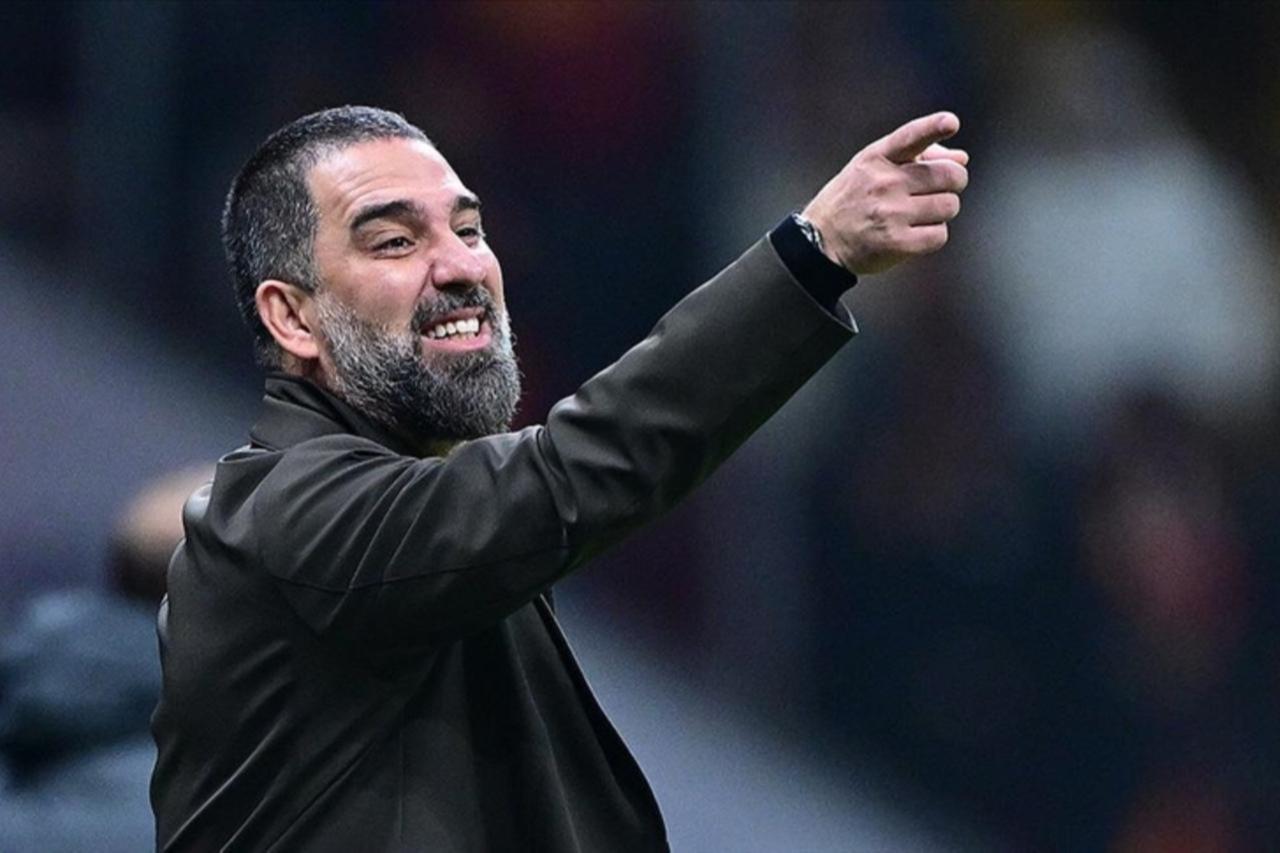
Arda Turan has won league titles in three countries, played alongside Lionel Messi at Barcelona, and helped lift Atletico Madrid to Europa League glory. But the Turkish footballer had never experienced anything like the night his Shakhtar Donetsk squad huddled in a bomb shelter in Lviv, watching the hours tick by with no sleep as air raid sirens wailed across the western Ukrainian city.
The 38-year-old Turkish footballer, widely regarded as one of his nation's greatest-ever players, sat exhausted in his dressing room the following day after a 4-1 defeat to LNZ Cherkasy—Shakhtar's only league loss this season. Then an eight-year-old boy who had endured 35 surgeries after his home was destroyed in a bombing offered the former Barcelona midfielder a lesson in perspective.
Roman, a devoted Shakhtar supporter, told the Turkish footballer not to dwell on the setback. "There are good days and bad days in life," the young fan said. "You have to keep going."
Six months into what may be European football's most challenging coaching assignment, the Turkish footballer who once dazzled at Camp Nou is discovering that leading Shakhtar extends far beyond tactical decisions and training sessions. Turan now speaks of winning the Ukrainian title as a dream he wants to fulfill specifically for Roman and supporters like him in the war-torn Donbass region.
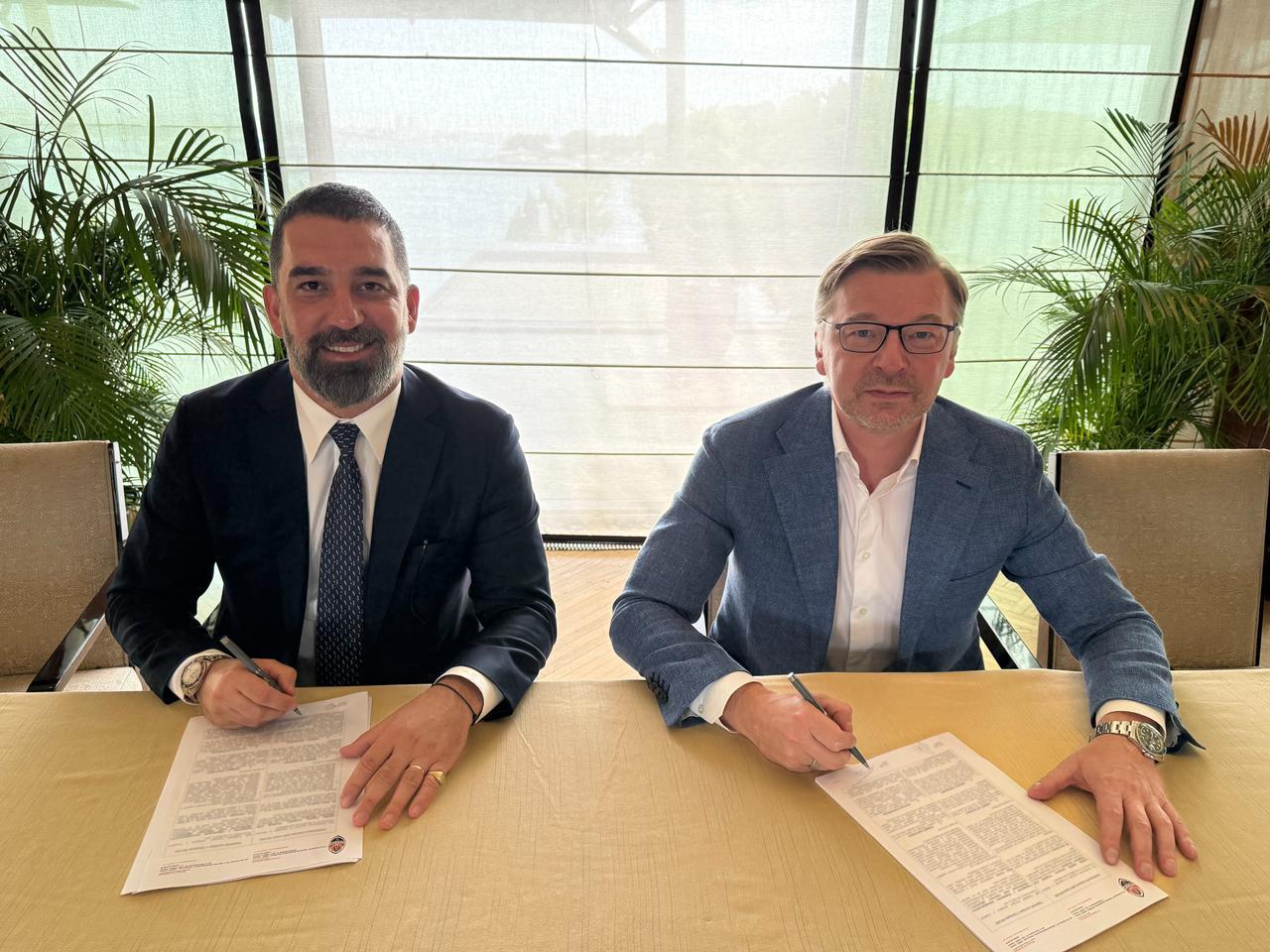
The Turkish footballer's journey to this unlikely destination began in Istanbul's working-class Fatih district, where he was born in 1987. Turan rose through Galatasaray's youth system before making his professional debut for the Turkish giants in 2005, quickly establishing himself as one of the most promising talents in Turkish football.
His performances earned a move to Atletico Madrid in 2011, where the Turkish footballer truly announced himself on the European stage. Over four seasons with Atletico, Turan became instrumental in Diego Simeone's transformation of the club into genuine contenders. The Turkish footballer helped Atletico claim the Europa League title in 2012 and played a crucial role in their stunning La Liga triumph in 2014, breaking the Barcelona-Real Madrid duopoly.
Barcelona came calling in 2015, and the Turkish footballer joined one of the world's most prestigious clubs. Despite a FIFA transfer ban that delayed his debut, Turan went on to win the La Liga title, Copa del Rey, and Spanish Super Cup during his time at Camp Nou, playing alongside some of the game's greatest players.
The Turkish footballer earned 100 caps for his national team between 2006 and 2017, captaining Turkey on multiple occasions. His finest international moment came at Euro 2008, when the Turkish footballer helped guide his country to the semifinals in a memorable campaign. He also represented Turkey at Euro 2016.
After returning to Turkey to play for Istanbul Basaksehir and then transitioning into coaching, the Turkish footballer demonstrated his tactical acumen by guiding Eyupspor to promotion from Turkey's second tier before securing a top-six finish in the Super Lig. Multiple clubs sought his services, but the Turkish footballer deliberately chose the most demanding challenge available.
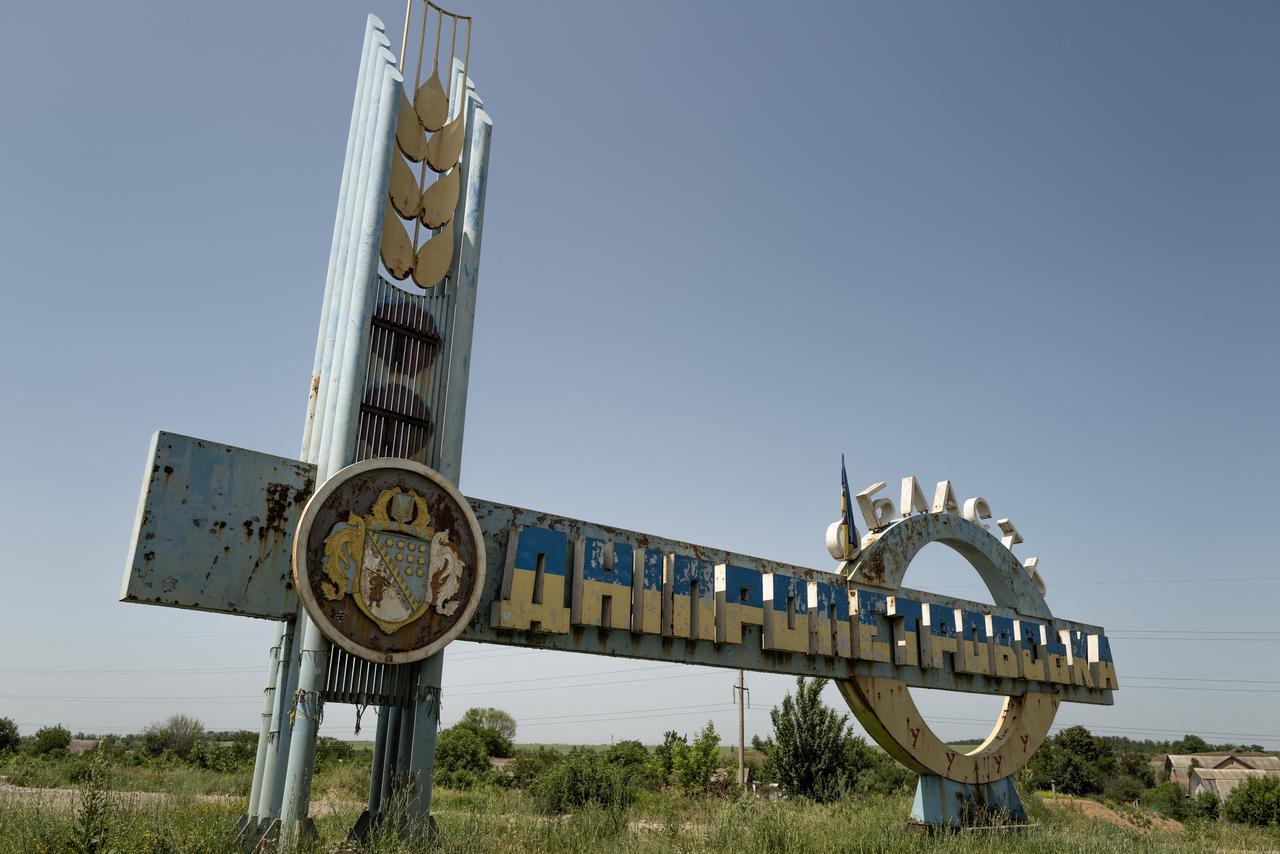
"You need to get out of your comfort zone to be successful," the Turkish footballer explained of his decision to accept the Shakhtar position. "Yes, this is a big challenge with very young players. But it is the chance to develop a team, to learn and compete at the same time."
The meeting with Roman came after that September defeat, which followed immediately after Shakhtar's return from a lengthy trip to Aberdeen for European competition. The Turkish footballer had been dwelling on the loss when the young supporter visited the team's dressing room.
"This was a life lesson from an eight-year-old boy who has been operated on 35 times," the Turkish footballer said in an interview. "Yes, football is important. And we have to respect the job and give it 100 percent for the people who follow us. But, on the other hand, it is entertainment, it is not as real as life."
The encounter transformed how the Turkish footballer approaches his role. Where once he might have obsessed over tactical details or selection dilemmas, he now maintains perspective on what truly matters. Shakhtar have served as a symbol of endurance for their fanbase since Russia's invasion displaced them from their Donetsk home. The club has not played in its own stadium since 2014, when conflict first erupted in eastern Ukraine.
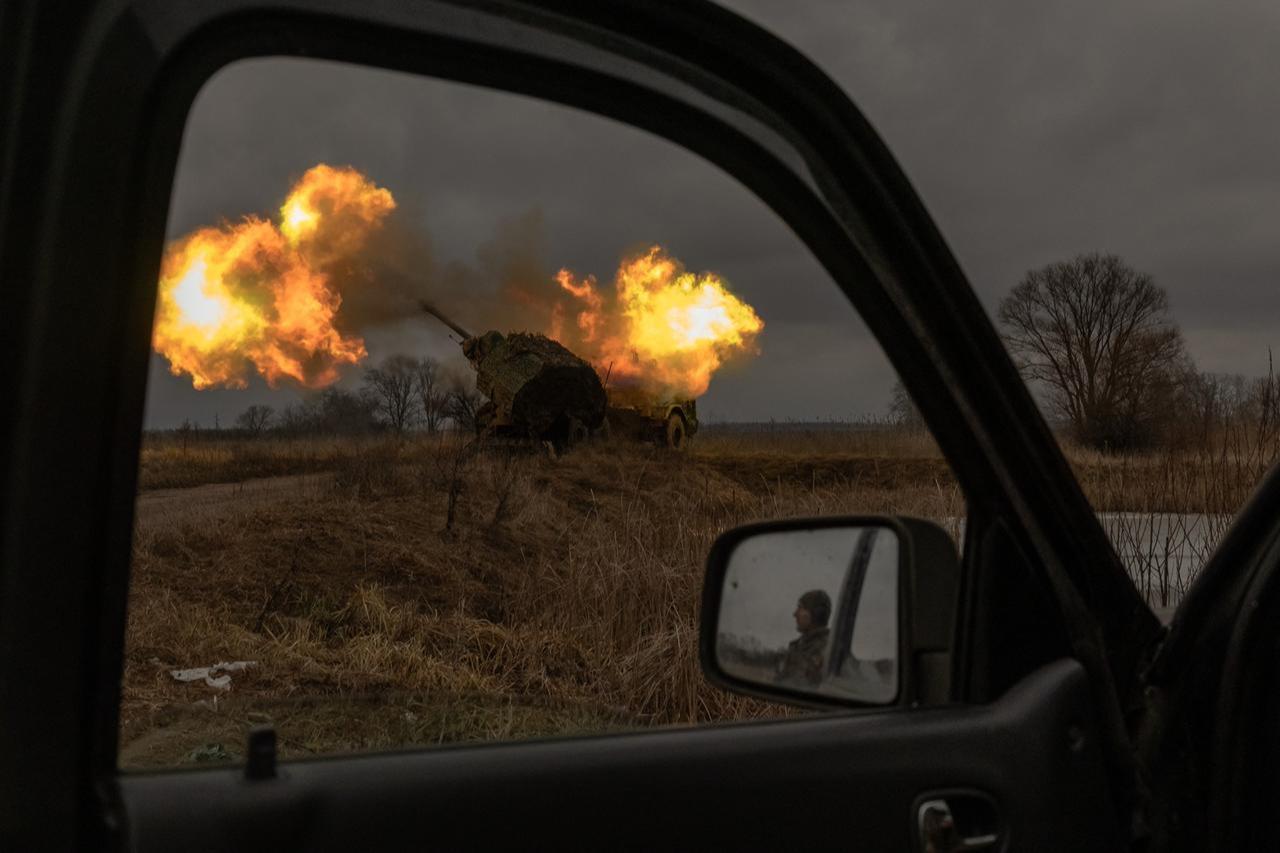
The practical challenges facing the Turkish footballer extend well beyond traditional coaching concerns. European qualifying matches took place in Slovenia before the club shifted to Poland for Conference League group stage fixtures. Domestic home games unfold in Lviv, hundreds of kilometers from the club's spiritual home. In effect, Shakhtar play every match away from home.
"At a regular club, you can go back to your house a few hours after a trip," the Turkish footballer explained. "Here, it is not like that. Sometimes it takes more than a day and you can only start working again after 48 hours."
The travel demands force constant rotation, particularly given Shakhtar's youthful squad composition. Teenagers comprise much of the roster, players who require more recovery time than seasoned professionals. The Turkish footballer often finds himself unable to field the same lineup in matches separated by just three days.
"Unfortunately, you just cannot play the same team three days later with the amount of travel that we have," he said. "It is like inviting an injury."
The Turkish footballer has attempted to transform these logistical difficulties and adversity into motivation. When players question why they endure such hardship, he reminds them of the broader significance of their work—representing people making far greater sacrifices during wartime.
"When you are in the middle of a war and people are making such a big sacrifice, you should definitely touch on these things," the Turkish footballer said. "Why are they here playing football? Why leave their families in the middle of a war? It has to make sense."
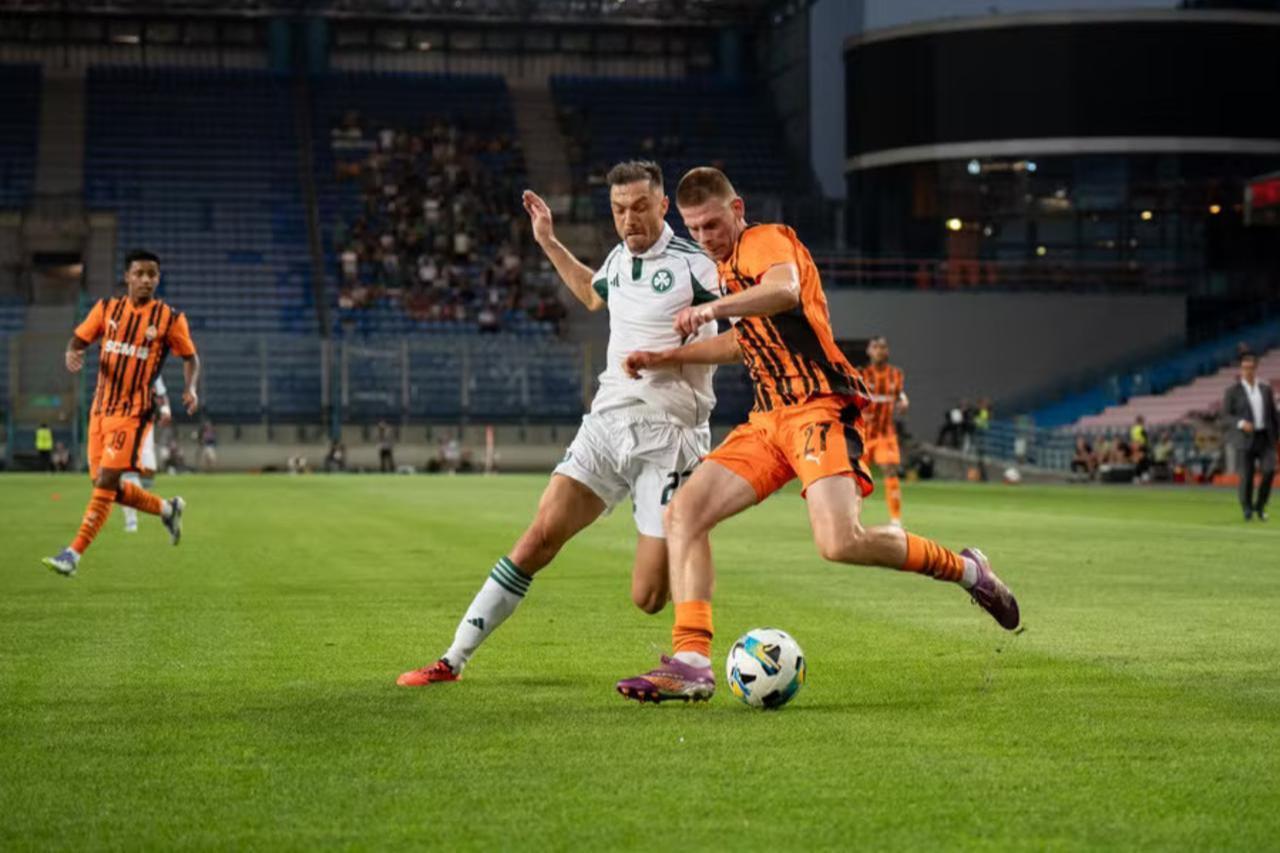
The Turkish footballer inherited a squad markedly different from the Shakhtar teams that dominated Ukrainian football for two decades. The club won 15 league titles since 2000 and claimed the UEFA Cup in 2009, but that era of established stars has given way to a development-focused approach.
Key players Kevin and Heorhii Sudakov departed for Fulham and Benfica respectively after last season's third-place finish. The Turkish footballer now works primarily with prospects: striker Kaua Elias is 19, while Isaque, Lucas Ferreira and Luca Meirelles are all 18 or younger.
"The team I have is a very different team from the previous Shakhtar teams," the Turkish footballer acknowledged. "We lost some players but the squad is now full of young footballers who are open to improvement. That was the club strategy. I agreed to it and I respect."
Rather than viewing youth as a limitation, the Turkish footballer has embraced it as an opportunity. His own playing career—spanning Galatasaray, Atletico Madrid, Barcelona and beyond—provides credibility when counseling teenagers navigating the pressures of professional football in extraordinary circumstances.
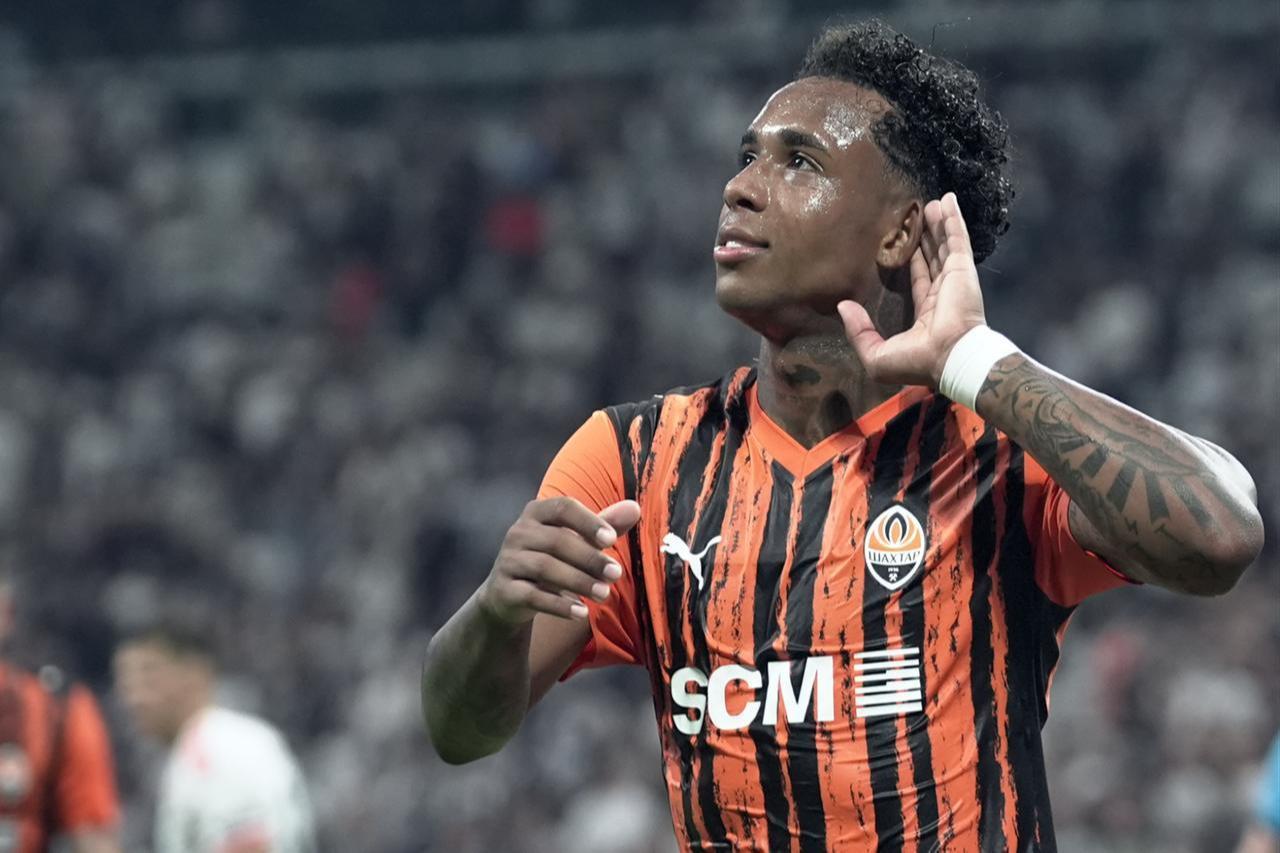
"Rather than buying players who are complete, we want to go with players who have great potential," the Turkish footballer said. "Sometimes they will play badly because they are only young but we are not taking away their right to make mistakes. And, when you win, the happiness of that feels completely different."
The approach appears to be working. Kaua scored in Shakhtar's most recent European victory, part of a run of form that has seen them defeat reigning champions Dynamo Kyiv and demolish SK Poltava 7-1. Despite having only one domestic loss this season, Shakhtar sit atop the Ukrainian Premier League table.
"The young players are a source of pride," the Turkish footballer said. "They are turning me into a braver coach."
Motivation remains an ongoing challenge for a team accustomed to playing before crowds of 40,000 or 50,000 but now performing in front of 2,000 spectators in borrowed stadiums. The Turkish footballer addresses this by emphasizing the broader significance of their work, reminding players why they have chosen to remain and compete during wartime.
He coaches in English and Spanish to accommodate his multinational squad, switching to Turkish only when discussing particularly sensitive matters. The multilingual approach reflects the complexity of the Turkish footballer's role, which demands not just tactical acumen but psychological management of teenagers far from home in a country at war.
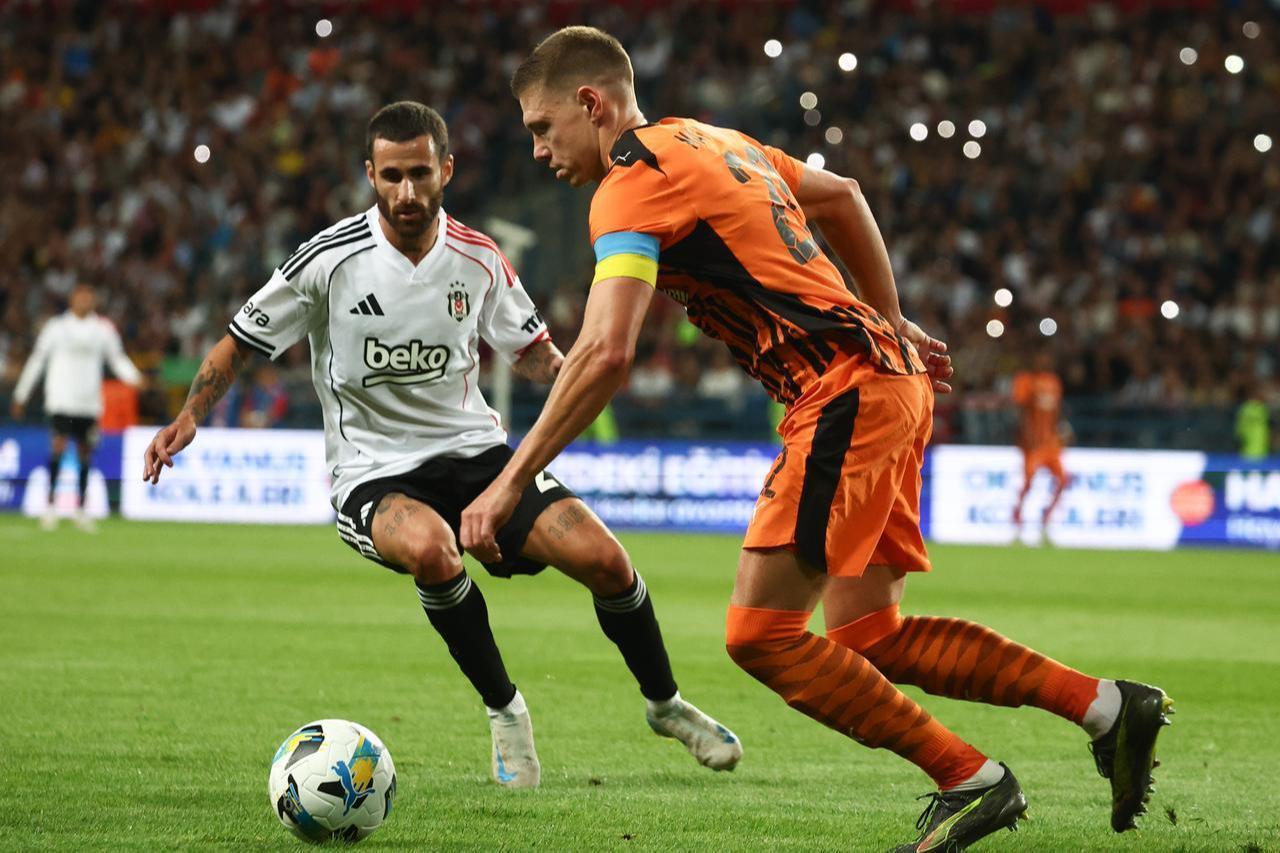
Many Brazilian teenagers on the roster are struggling to adapt to circumstances far removed from anything they experienced previously. The Turkish footballer, drawing on his own experience adapting to new countries and cultures during his playing career, works to create an environment where they can find joy despite the difficulties.
"We are trying to use it," the Turkish footballer said of the adversity. "I think we have made it into a positive and tried to have a lot of fun too and try to be cheerful all the time. We have a lot of young Brazilian players who are trying to adapt and manage that psychological side but there are times when it is exhausting."
Through it all, Roman's words echo in the mind of the Turkish footballer who once played in Champions League finals. The former midfielder who lifted trophies at Camp Nou now finds his deepest inspiration in a child who has survived horrors no one should endure.
Winning the Ukrainian title would represent more than professional achievement for the Turkish footballer. It would honor the resilience of a young supporter who taught him the difference between football and life, a lesson more valuable than any trophy Turan collected during his glittering playing career.
"I really want to win the title for him," the Turkish footballer said. "It is like a dream now for me to do it."